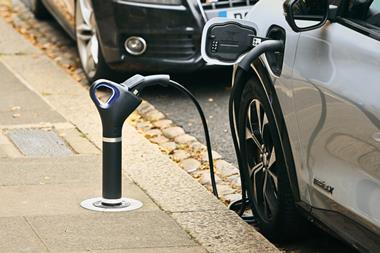
Data from one of the biggest providers of electric cars under salary sacrifice schemes has revealed a vast 34% rise in the number of businesses interested in offering employees access to EVs.
It has long been recognised that the UK’s EV market is largely comprised of fleet buyers due to the significant tax incentives offered to this demographic, with unincentivised private motorists opting for anything other than an electric car in nine out of 10 cases last year - though in February 2025 two out of every 10 EVs went to private buyers, most likely due to forthcoming road-tax rises.
Salary sacrifice electric car schemes have ballooned in popularity of late, as employers recognise the programs as a key tool to help them attract and retain staff. Firms offering such schemes can also reduce their National Insurance obligations.
Under salsac schemes, employees give up a portion of their gross income before tax and National Insurance contributions are taken, and use this to pay for an EV supplied by a leasing firm working in partnership with their employer. In effect this brings the cost of a new electric car down by 25 to 50% compared to private buyers, who will have paid tax and NI on any income that they subsequently use to fund a new electric car.
Now, The Electric Car Scheme, a significant player in the UK’s salsac landscape, has revealed it has seen a 34% jump in the number of businesses signing up since the autumn budget in October.
This budget contained two elements that are likely to have fuelled recent EV salsac growth: first, was announced that from April 2025 employers’ National Insurance contributions would increase, with firms offering salsac EVs able to reduce these. Additionally, from April 2025 electric cars are subject to a sharp rise in road tax due to them no longer being exempt from the “expensive car supplement” (ECS).
The ECS applies to vehicles costing £40,000 or more, and while it currently stands at £410 and does not apply to EVs, from April it rises to £425 and encompasses electric cars. The £425 charge runs from years two to six of a car’s life, meaning an EV bought after April 1 2025 will be subject to an additional £2,125 in tax compared to one obtained prior to this date.
The forthcoming change to road tax is also thought to be behind the swell in EV registrations seen in February.
































